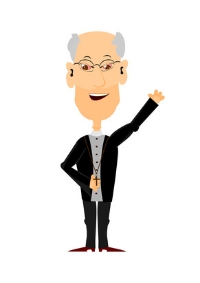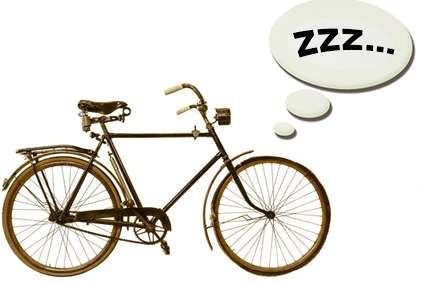On-Camera Joke
Nice play, Shakespeare! When someone makes a clumsy attempt, whether a play in sports or a household task, the sarcastic person who says this really means, “You did that really poorly.”
What Is Sarcasm?
Sarcasm is usually thought of as cutting, biting remarks to another person. And sarcastic people are difficult to like because their words can sound mean and off-putting.
Technically, sarcasm involves saying the opposite of what you mean.
Don’t work too hard! This is sarcastic if said to a worker who is lazy.
Nice play, Shakespeare! This line was referenced in the program. If you listen to the tone of voice used for these words, you’ll notice it is different than when a speaker means to sincerely compliment. Instead, the sarcastic person means, “You did a bad job.”
Yeah, right! Sarcastic Americans say this when they really mean, “I don’t agree with you at all.” Again, the tone of voice used for these words is different than when the speaker means to sincerely agree. Below is a joke based on sarcasm.
A Joke Using Sarcasm
A linguistics professor was lecturing to the class one day. "In English," she said, "a double negative forms a positive. In some languages though, such as Spanish, a double negative is still a negative.
However," she added, "there is no language wherein a double positive can form a negative."
A voice from the back of the room piped up, "Yeah, right."
Background
In standard English it is ungrammatical to say, “We don’t have nothing.” (However, this is grammatical in some non-standard varieties of English, for example, Black English Vernacular.) In standard English, when you use “don’t” in the sentence, the word “nothing” must be changed to “anything.”
In Spanish, the use of double negatives is required, but it just has a negative meaning: No tenemos nada. (“We don’t have nothing.”)
In other sentences, as the professor in the joke points out to the class, two negatives can make a positive. Here is an example. “If the President is going to be there, you can’t not go to the party.” In this case, “you can’t not” is the same as “you must.”
Explanation of the Joke
The linguistics student in the back used the combination of two positive words, “yeah” (informal for “yes”) and “right” to disagree with the professor in a sarcastic way. It is only funny if the correct tone of voice is used, communicating to listeners that the speaker is being sarcastic.
Why Do People Use Sarcasm?
My personal belief about sarcasm is that it is often used by people who don’t want to risk closeness or emotional attachment. It is easier to seem skeptical and aloof. Guarded that way, one can always feel safe and never have one’s feelings hurt.
Sarcasm can be very clever. This is done when a comment starts off in a sincere direction and takes a sudden turn. British Prime Minister Winston Churchill was known for such sharp humor.
A dreadful woman once told Churchill, “Sir, if you were my husband, I would poison your tea.” To this, Churchill replied, “Madam, if you were my wife, I would drink it.”
American humorist Groucho Marx excelled at this kind of humor. Many of his quotes can be found here: http://bit.ly/tTfEMu. A favorite zinger is this one: “I never forget a face, but in your case I'll be glad to make an exception.”
A Word of Advice
I recommend that you use sarcasm sparingly. And never use sarcasm in email (where there are no facial expressions or change in tone of voice to show your audience your real intent). It is very easy to think you are sounding clever but are actually offending someone. If you want to experiment with it, try it out with your close friends first. Remember, it’s very hard to undo a bad impression once you make it.

















































